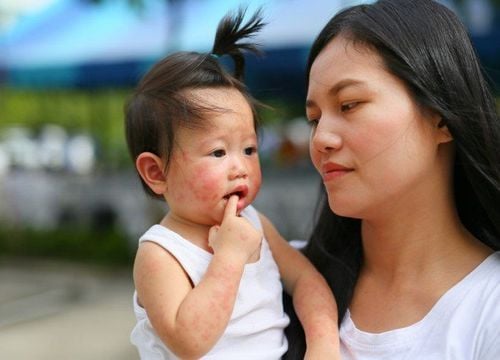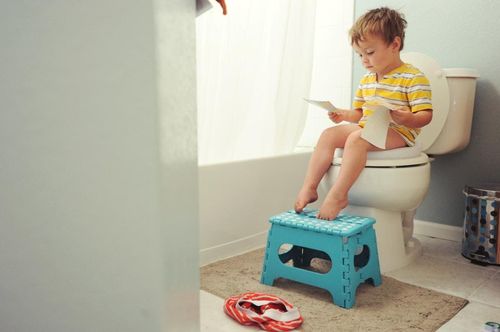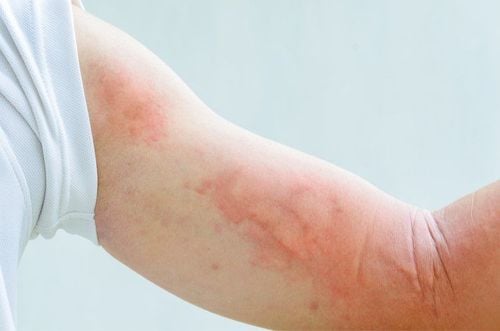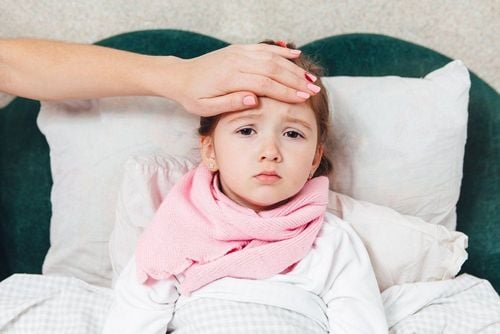Dengue fever is a dangerous infectious disease with a rapid rate of spread. If not detected and treated promptly, it poses serious risks of complications, especially in children under 1 year old. The following article will help us identify dengue fever in children.
1. Dengue fever in children
The Dengue Virus is the cause of the acute infectious disease known as dengue fever. Dengue fever is transmitted through a vector, the Aedes mosquito.
Dengue fever is caused by various viruses with different strains. In severe cases, it can lead to a sudden drop in blood pressure and potentially be fatal for both adults and children.
The tropical humid climate in Vietnam creates ideal conditions for dengue fever to develop and become highly complex. Typically, the outbreak occurs between May and November.
Children are the most susceptible group to the disease due to their still-developing immune systems.
Although the incidence rate of dengue fever in children under 1 year old is relatively low, this group has the highest rate of dangerous complications.
Currently, there is no specific treatment for dengue fever. Therefore, it is crucial to detect the symptoms early to avoid serious complications in children.
2. Identifying Dengue fever in infants under 1 year old
The first sign of dengue fever in children that parents need to be aware of is a sudden high fever, especially if there is an outbreak in your area or nearby regions.
In the early stages of the illness (the first three days), parents should monitor their child to determine if they have dengue fever based on the following symptoms:
- Day 1: The child usually has a persistent high fever, which can often be mistaken by parents for a common cold or respiratory infection;
- Day 2: The high fever continues, and the child may develop rashes or small red spots on their neck, stomach, arms, and legs. For some children, these signs appear early, allowing parents to quickly identify the illness;
- Day 3: The child continues to have a high fever, along with skin rashes, nosebleeds, and bleeding gums. The child may refuse to breastfeed, lose appetite, and become irritable. When these signs appear, it is crucial to take the child to a medical facility for examination and treatment.
Additionally, some children may experience gastrointestinal bleeding, which can manifest as vomiting or bloody stools.
Children in the critical stage of dengue fever, which typically occurs from day 3 to day 6. This phase is extremely serious as the child's immune system is significantly weakened by the virus, and the number of white blood cells and platelets has dropped considerably. Children with dengue fever in this stage usually exhibit the following typical symptoms:
- Abdominal swelling due to fluid accumulation in the lungs;
- Worsening hemorrhagic conditions;
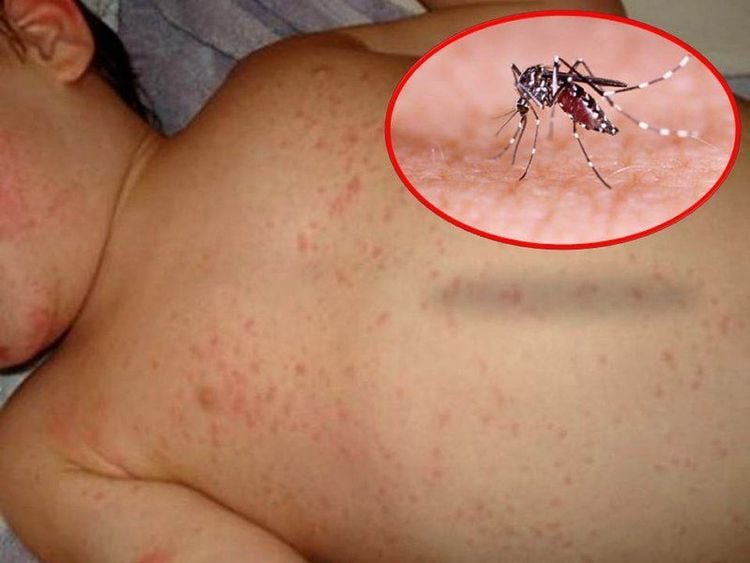
- Swelling around the eye sockets;
- Blood in urine;
- Cold hands, feet, and head;
- Nosebleeds.
After 2-3 days out of the critical stage of dengue fever, children will show signs such as a decrease in fever, beginning to demand food again, and an increase in white blood cells and platelets.
If not treated promptly, dengue fever in children can lead to internal bleeding, liver failure, kidney failure, encephalitis,...
3. Treatment measures for Dengue fever in children
Currently, there is no specific medication to treat dengue fever. Therefore, if a child is infected, they should be taken to a medical facility immediately for timely monitoring and care to avoid dangerous complications.
In the early stages of the illness, if the child has a high fever above 39oC, parents should give them a single-ingredient paracetamol fever reducer.
If the high fever persists, paracetamol can be combined with wiping the child's body with warm water and dressing them in light, breathable clothing. It is essential to rehydrate the child early with oral fluids such as fruit juice, cooled boiled water, and thin rice porridge. Frequent temperature checks are also necessary.
If after three days the fever does not subside, the child should be taken to the hospital immediately for examination and timely treatment.
4. Prevention of Dengue fever in infants under 1 year old
To prevent dengue fever in children under 1 year old, parents should consider the following precautions:
- Dress the child in long-sleeved clothing when going outside;
- Use mosquito nets for the child while sleeping;
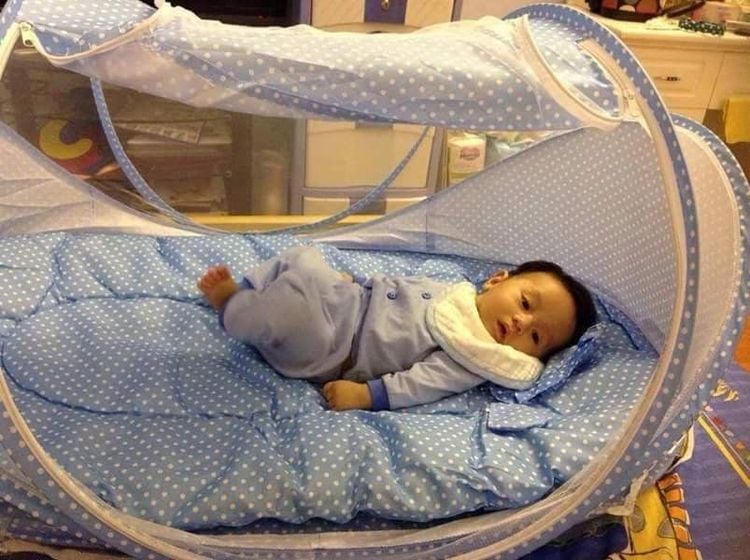
- Keep the house clean;
- Isolate family members who are infected to prevent mosquitoes from biting the patient and transmitting the virus to others;
- Regularly eliminate mosquitoes and larvae to prevent mosquito bites.
Early recognition of dengue fever symptoms in children under 1 year old is crucial since their immune systems are still weak. Delayed detection can lead to serious complications. Parents must closely monitor their child's body temperature, especially during dengue fever outbreaks, and promptly take them to medical facilities for examination and treatment.
The Pediatrics Department at Vinmec International General Hospital is a trusted address for diagnosing and treating common illnesses in infants and young children, such as viral fever, bacterial fever, dengue fever, bronchitis, pneumonia, and hand-foot-mouth disease. Equipped with modern facilities and a sterile environment, the hospital minimizes the risk of disease spread and impacts. Moreover, experienced and dedicated doctors ensure that medical examinations are no longer a worry for parents.
To arrange an appointment, please call HOTLINE or make your reservation directly HERE. You may also download the MyVinmec app to schedule appointments faster and manage your reservations more conveniently.






